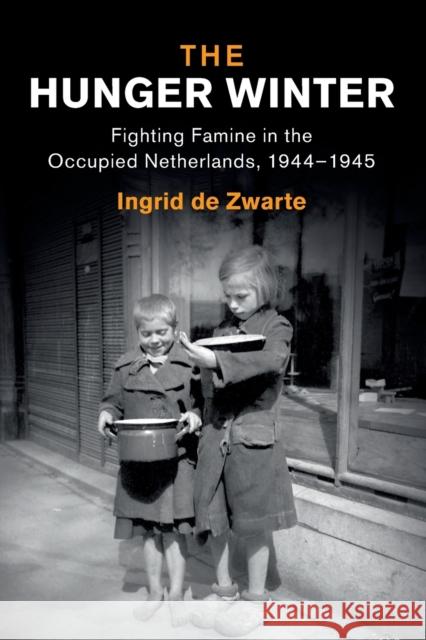The Hunger Winter: Fighting Famine in the Occupied Netherlands, 1944-1945 » książka
topmenu
The Hunger Winter: Fighting Famine in the Occupied Netherlands, 1944-1945
ISBN-13: 9781108819213 / Angielski / Miękka / 2022 / 328 str.
The Hunger Winter: Fighting Famine in the Occupied Netherlands, 1944-1945
ISBN-13: 9781108819213 / Angielski / Miękka / 2022 / 328 str.
cena 117,66
(netto: 112,06 VAT: 5%)
Najniższa cena z 30 dni: 115,80
(netto: 112,06 VAT: 5%)
Najniższa cena z 30 dni: 115,80
Termin realizacji zamówienia:
ok. 22 dni roboczych.
ok. 22 dni roboczych.
Darmowa dostawa!
A pioneering study on the causes and consequences of the Dutch famine of 1944–1945.











